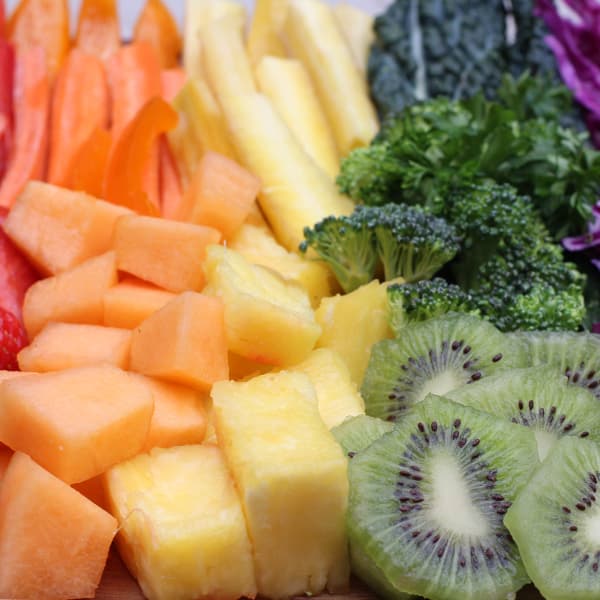Topic summary contributed by volunteer(s): Sharon
High Fructose Corn Syrup (HFCS) is an industrial sugar used to sweeten many processed foods and beverages. It is made from corn starch and is relatively inexpensive to manufacture. Most HFCS is composed of approximately 55% glucose and 45% fructose, while table sugar (sucrose) is 50% glucose and 50% fructose. The levels of all sugars consumed per person in the U.S. has increased from 4 pounds a year in 1776 to 20 pounds in 1850, to 120 pounds in 1994, and now 160 pounds per person per year. Much of this increase in sugar consumption is from HFCS, especially in the form of soft drinks.
Health Effects of High Fructose Corn Syrup
Intake of meat and sugar including HFCS, is associated with an increased concentration of blood uric acid levels. Increased levels of blood uric acid may be associated with increased risk of gout, high blood pressure (hypertension), obesity, prediabetes, diabetes, kidney disease, and cardiovascular disease.
Increased consumption of all sugars, including HFCS, has been implicated in the recent increase of nonalcoholic fatty liver disease (NAFLD). While glucose is immediately used for energy in every cell of the body, fructose, like alcohol, is metabolized by the liver and turned into fat.
A recent study of 5,000 10th graders has shown high consumption of HFCS-containing soft drink beverages (soda) may be tied to hyperactivity.
Mercury in High Fructose Corn Syrup
In a recent study of 50 different brands of foods containing HFCS, 30% of all the foods contained measurable levels of the heavy metal mercury, a known neurotoxin and cardiac toxin, while 60% of the dairy products in the study contained mercury.
Fructose in Fruit vs. Fructose in High Fructose Corn Syrup
Studies have shown that the natural sugar fructose in fruit is metabolized in the body differently than the fructose in HFCS. The absorption of natural fructose in fruit is slowed down and buffered by the fiber, antioxidants, and phytonutrients contained in the fruit. As such, the spike in blood sugar, the corresponding rise in blood insulin levels, and then subsequent rebound dip into hypoglycemia observed after consumption of HFCS is not observed in the consumption of fruit. In fact, studies have shown that even daily consumption of 20 servings of fruit a day does not negatively impact blood sugar levels.
Lower Sugar Consumption Recommendations
The American Heart Association (AHA) in its most recent recommendation has advocated lowering the consumption of all added sugars to no more than 100 calories a day for women and 150 calories a day for men. The World Health Organization now recommends no more than 6 teaspoons of added sugar a day.
For substantiation of any statements of fact from the peer-reviewed medical literature, please see the associated videos below.
















